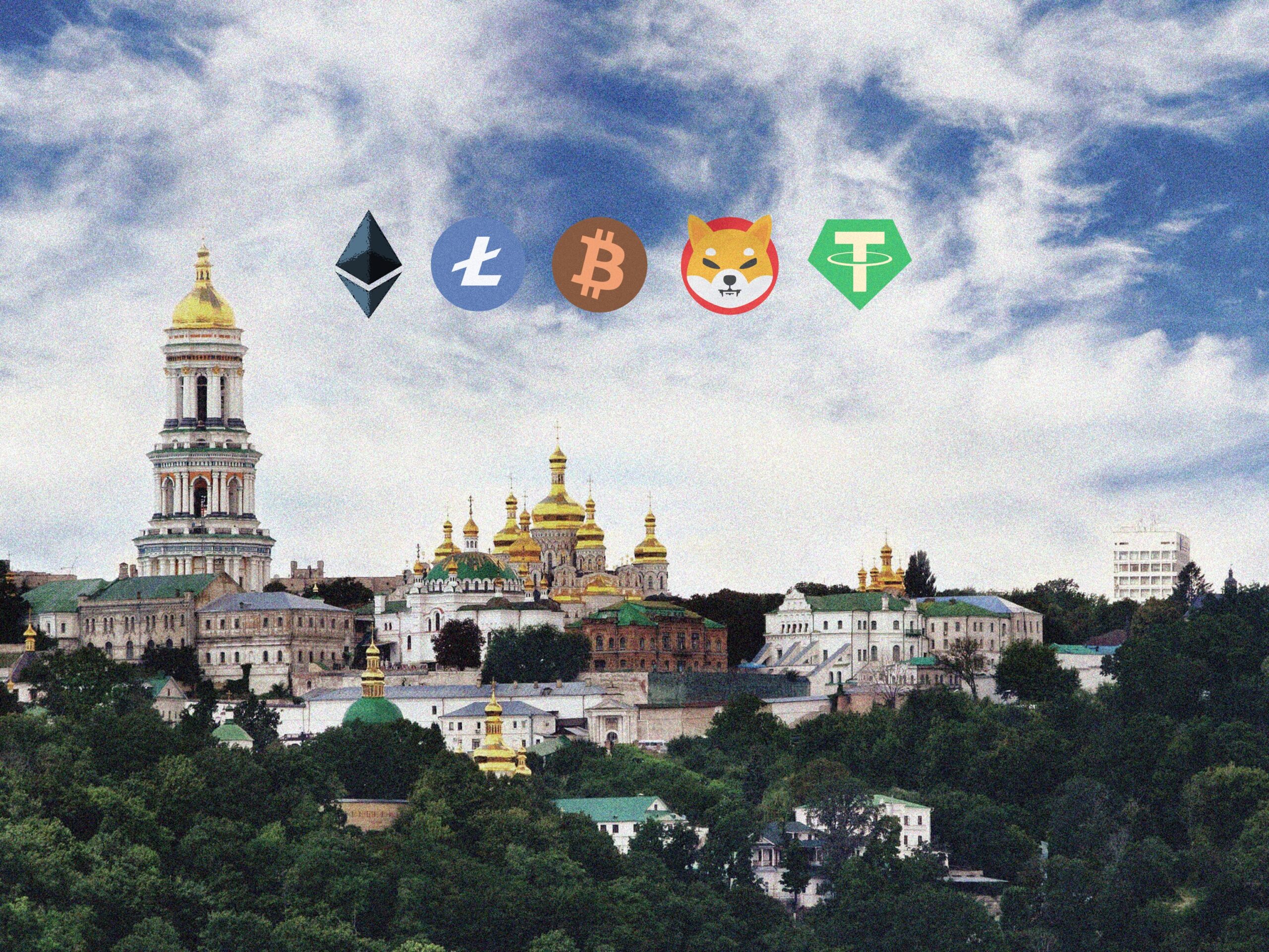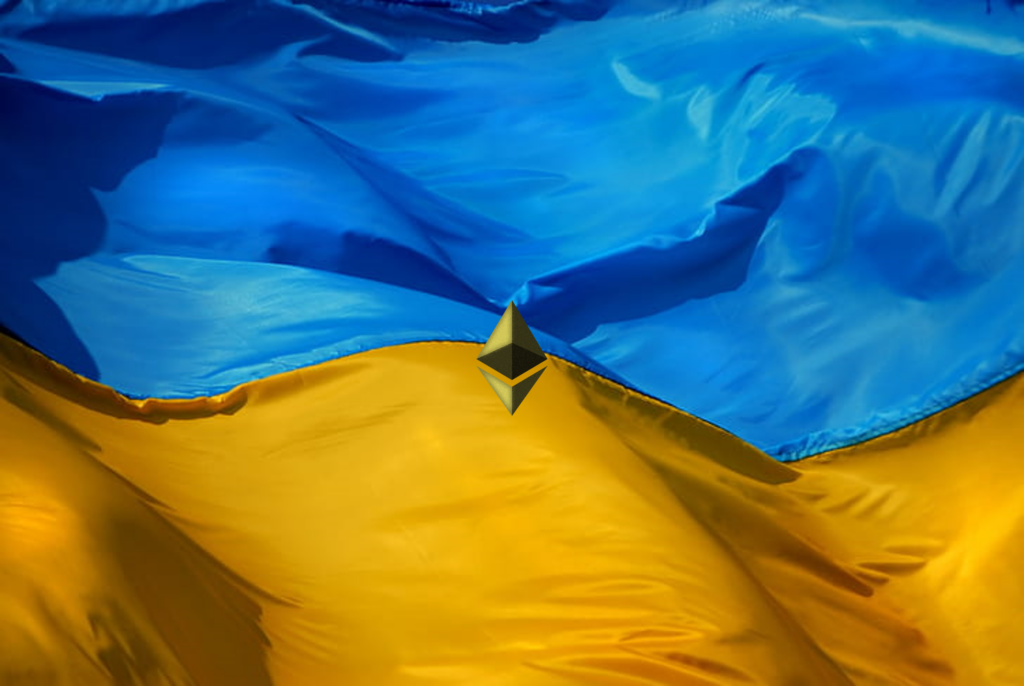
Emerging countries often lead in crypto adoption rankings due to economic struggles (we’ve seen this with the Philippines, Argentina, and Venezuela). Today, let’s focus on Ukraine, a nation that has faced intense political and monetary crises in recent years. Known as “Europe’s breadbasket” for its fertile lands, most of Ukraine’s wheat exports between 2016 and 2021 went to Asian and African countries. But what exactly has happened to its economy recently? To understand, we need to go back to 2013, when then-president Viktor Yanukovych suddenly suspended preparations for an agreement with the European Union.
Ukraine’s economy wasn’t orderly or free of corruption before 2013, but that year was a major turning point. President Yanukovych’s decision to halt the agreement with the EU sparked widespread discontent and protests demanding his departure. The situation escalated into violent clashes between protesters and security forces, ultimately leading to Yanukovych fleeing to Russia. In May 2014, elections were held, and the newly elected government vowed to bring Ukraine closer to the EU. This pro-Western shift prompted Russia to intervene, resulting in Crimea’s annexation and sparking an armed conflict in the Donetsk and Lugansk regions.
Between 2014 and 2015, Ukraine experienced a significant GDP drop, nearly 10% in 2015 alone. The national currency, the hryvnia, began rapidly losing value, prompting the country to seek assistance from international organizations. While the economy started a slow recovery in subsequent years, the COVID-19 pandemic and Russia’s large-scale invasion have prolonged hardships. However, amid ongoing political and economic instability, there is a silver lining: people have increasingly turned to the crypto sector for stability and security.
The role of cryptocurrencies during times of war

In February 2023, Chainalysis released a report highlighting that Ukraine had received over $70 million in crypto since the Russian invasion began. Ethereum donors led the contributions with nearly $29 million, followed by Bitcoin and USDT donors who contributed $22.8 million and $11.6 million, respectively. Ukrainian authorities noted that these donations played a crucial role in purchasing military equipment and providing humanitarian aid. Ukrainian Deputy Minister of Digital Transformation, Alex Bornyakov, underscored their significance:
“If we had used the traditional financial system to receive donations, it would have taken us days. With crypto, we quickly bought essential items. I was surprised that about 60% of suppliers accepted crypto as payment”.
During a CoinDesk interview, Dmitry Buterin, father of Ethereum co-founder Vitalik Buterin, highlighted Blockchain’s broader potential when asked about Bornyakov’s insights.
“(CoinDesk) The deputy minister of digital transformation in Ukraine said crypto is more ‘convenient’ than traditional crowdsourcing means. Are you thinking about alternative ways to deploy crypto beyond simple, on-chain crowdsourcing?
I think it’s already happening. There’s Ukraine DAO – I have, and I believe Vitalik has donated money. We will see more and more of that. But DAOs are still quite inefficient. The way they are structured is very organic. Right now we’re in emergency mode, and when you’re in emergency mode, creating a DAO, figuring out its mission, delegating decision making and stuff like that takes time. So in the short term it’s easier to pursue less complicated methods.
But I’m pretty sure we’ll see impactful [experiments]. For example, I’ve seen a database that people are using to document the war crimes that Russia has committed in Ukraine. Volunteers are submitting pictures. Implementing a DAO structure on that might become feasible longer-term, so that contributors can maybe get paid. Maybe there could be some kind of reputation system that helps verification or streamline fact-checking”.
In the latest Crypto Adoption Index by Chainalysis, Ukraine ranked fifth, surpassing countries such as Indonesia, Brazil, Thailand, China, Russia, and the United Kingdom. This underscores strong support among Ukrainian citizens for cryptocurrencies. According to a Binance survey, nearly 84% of Ukrainian users believe crypto is crucial for the country’s economic development, with 42.9% expecting positive changes from regulatory measures. This survey, which involved 1,027 participants, highlighted that nearly 36% were aged between 26 and 35 years old. Additionally, Ukraine has consistently ranked among the top 3 countries by web traffic on Binance in recent months, according to Similarweb.
Crypto adoption in Ukraine has seen significant growth amidst recent economic and political crises. This technology has become a crucial tool for Ukrainians, offering efficient savings protection and providing a streamlined way to receive international donations. These contributions have enabled Ukrainian authorities to procure military equipment and humanitarian aid. Notably, figures like Deputy Minister of Digital Transformation, Alex Bornyakov, have emphasized how cryptocurrencies offer quick and convenient international transactions.
Subscribe to the Purse.io Newsletter today! We publish weekly educational content on Blockchain and cryptocurrencies! Follow us on social media for the latest updates on Hamza.biz: the first Web3 Marketplace powered by the Loadpipe protocol and the LOAD token. Our team has designed this solution to revolutionize e-commerce, offering low gas fees and trading freedom. Click here to explore our roadmap for Hamza.